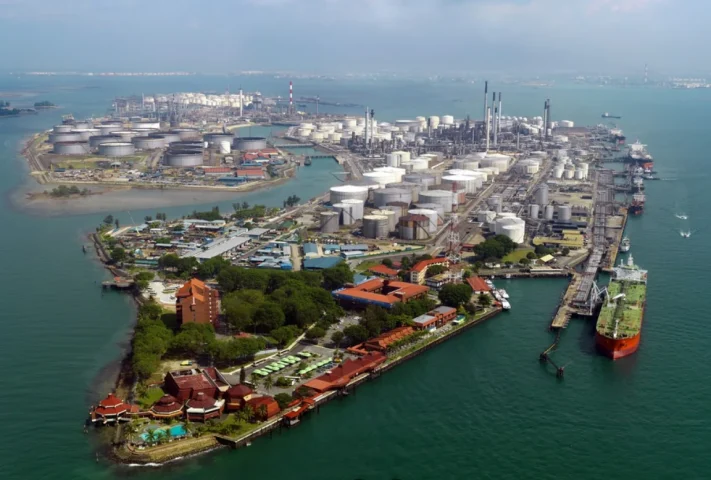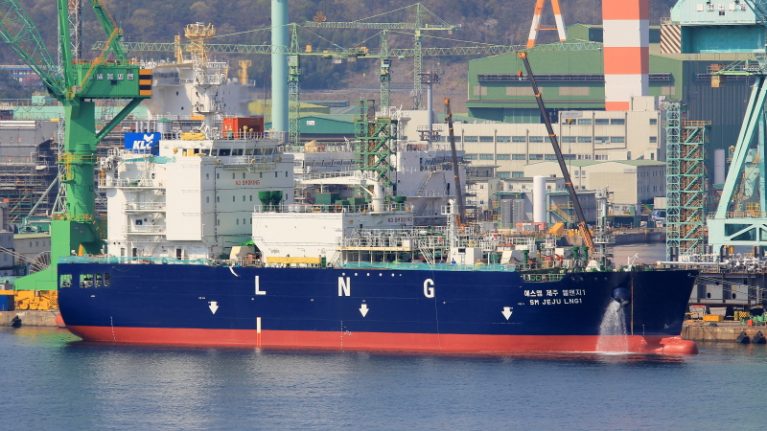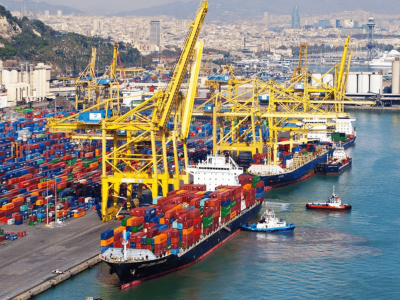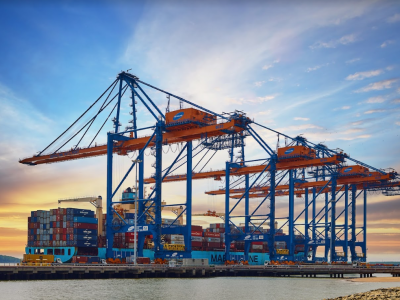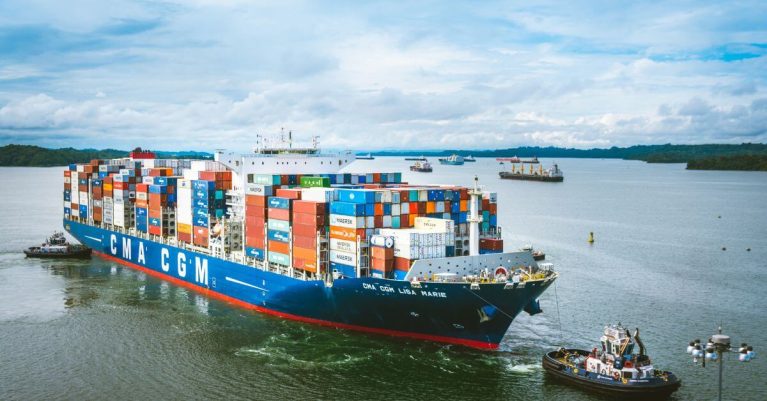By GMM News | 2024-10-07 | Case Security |
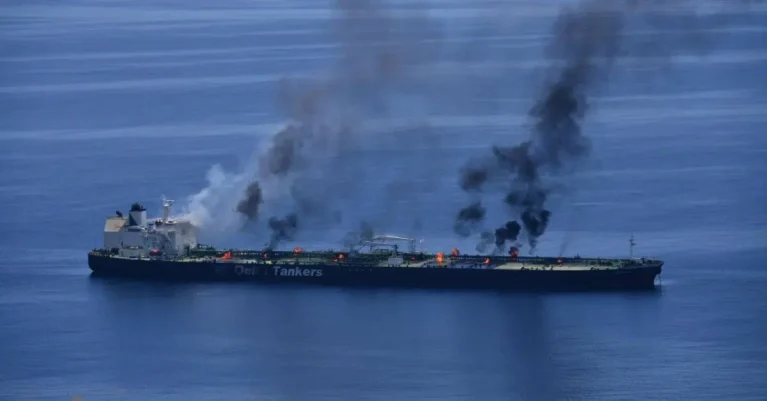
A senior official at a Greek shipping company in Athens received a threatening email warning of possible attacks on one of their ships operating in the Red Sea.
The message, which was also sent to the manager’s business email, stated that the ship violated a transit ban imposed by the Houthis by docking at an Israeli port.
The email, signed by the Yemen-based Humanitarian Operations Coordination Center (HOCC), stated that the vessel would be “directly targeted by the Yemeni Armed Forces” and threatened “sanctions” on the entire fleet if the ban was further violated.
Per industry sources, the Houthis have increased their attacks by targeting vessels with little or no ties to Israel. The email campaign began in February, informing shipowners and insurance companies of a Red Sea travel ban, but increased after May.
Since 2023 November, the Houthis have carried out over 100 attacks on ships in solidarity with Palestinians during the ongoing conflict in Gaza, sinking two, seizing another, and killing at least four seafarers
Per the Lloyd’s List Intelligence data, approximately 30% of these attacks target Greek-owned ships.
As per the reports, the Houthis have threatened entire fleets for the first time, increasing concerns about the safety of vessels attempting to transit the Red Sea.
An email issued in June said, “Your ships breached the decision of the Yemen Armed Forces,” and threatened penalties for all vessels owned by the companies involved.
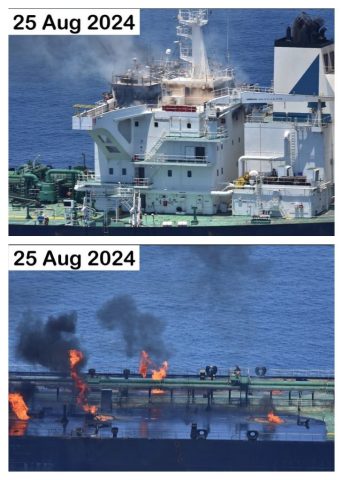
Yemen has been involved in civil war since 2014 when the Houthis overthrew the internationally recognized government. The U.S. has designated the Houthis as a terrorist organization, further complicating the geopolitical situation.
When approached, Houthi officials refused to confirm the communications or make any comment.
The European Union’s naval force, Aspides, has commented on the development of Houthi tactics, stating that their decision to target entire fleets is a new phase in their military operation.
Aspides has advised shipowners to turn off their Automatic Identification System (AIS) transponders, stating that AIS-equipped vessels are more likely to be targeted by missile strikes.
Due to safety concerns, at least two Greek-operated shipping companies stopped their journeys in the Red Sea. Other companies’ executives have made clear they are willing to end business ties with Israel to continue using this crucial maritime route.
Stephen Cotton, General Secretary of the International Transport Workers’ Federation, stressed the importance of companies ensuring the safety of their crews, saying, “If safe transit through the Red Sea cannot be guaranteed, companies have a duty to act—even if that means delaying their delivery windows.”
The insurance cost for Western ship owners has increased due to the ongoing threats, with some insurers suspending coverage entirely. After the attacks on their vessels, companies such as Conbulk Shipmanagement Corporation stopped their Red Sea voyages.
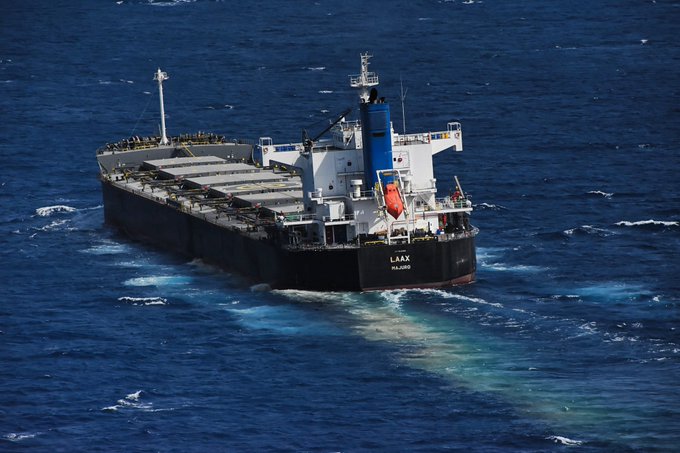
Other companies still operating in the region have to make difficult decisions, balancing long-term contracts with charterers against the risks posed by the escalating conflict.
Despite the increased threat, the Houthis have not fully stopped traffic in the Red Sea. Most Chinese and Russian-owned vessels, considered non-affiliated with Israel, are reportedly able to operate freely, with lower insurance costs and safer passage.
A Houthi message broadcast to ships in the Red Sea informed those belonging to companies with no connection to Israel that they were safe and permitted to continue using their AIS devices.
The continued threats and attacks have resulted in a major decrease in traffic through the Suez Canal, with transits dropping from about 2,000 per month before November 2023 to around 800 in August.
Reference: Reuters

